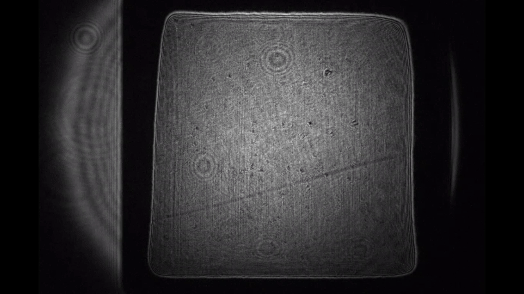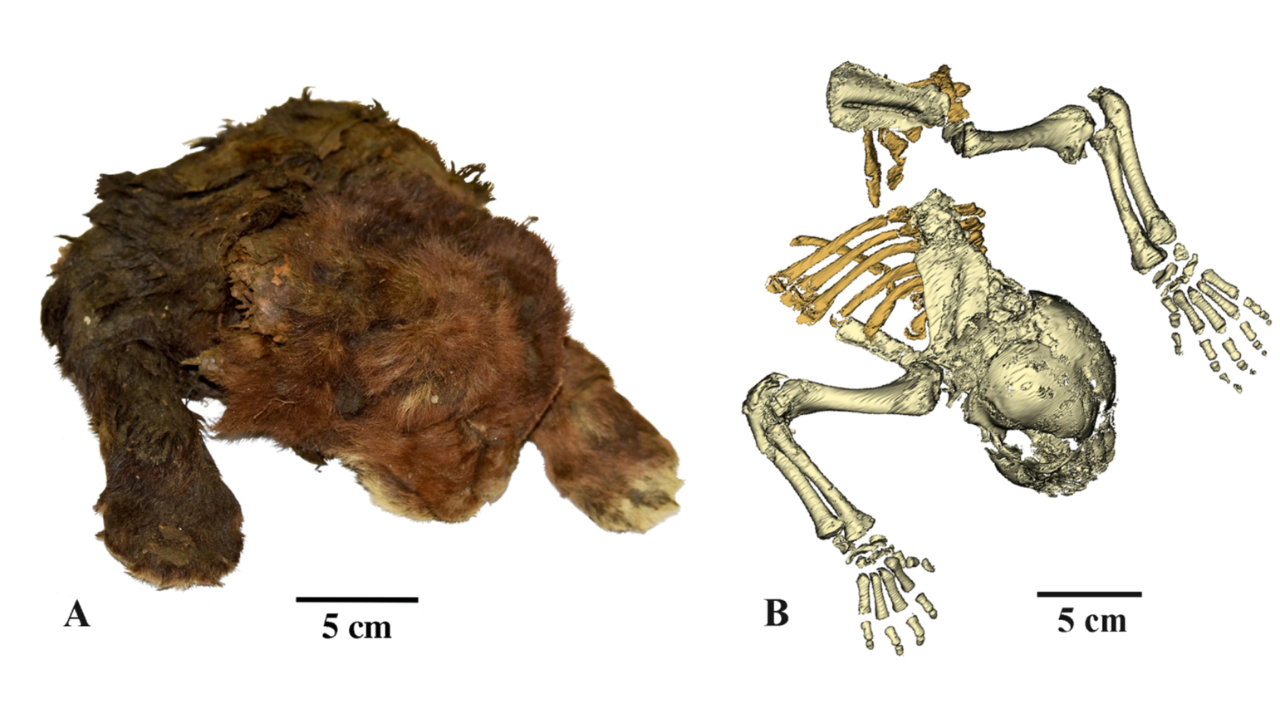Researchers continuously uncover new revelations about the human body, despite our advanced understanding of the human body through medical advancements such as aspirin and genome sequencing. A recent discovery involves previously unknown structures residing in the human gut and mouth, deemed “obelisks” due to their microscopic shape. Despite resembling viruses in terms of replication, these entities are smaller and less complex, falling into the “viroid” category, typically consisting of single-stranded RNAs without a protein shell. Unlike most viroids that cause disease, these obelisks seem to serve a different purpose, as reported by Live Science.The reason for their presence and their functions remain a puzzle. The researchers at Stanford University, the University of Toronto, and the Technical University of Valencia speculate that these structures might affect gene activity within the human microbiome, including those present in the mouth. They have been observed to utilize the common mouth-based bacterium Streptococcus sanguinis as a host. While it is suggested that these viroids infect various bacteria in the mouth and gut, the exact purpose remains unknown.Some obelisks appear to contain instructions for enzymes necessary for replication, indicating a higher complexity level compared to typical viroids, as indicated by Science. The ongoing debate on whether viruses evolved from viroids or vice versa could potentially be resolved through further research.While the specific functions of these obelisk sequences are not fully understood, their prevalence in our bodies has been uncovered. These sequences are found in approximately seven percent of human gut bacteria and an astonishing 50 percent of mouth bacteria. Notably, gut-based structures possess a distinct RNA sequence compared to mouth-based obelisks. This diversity has led researchers to conclude that these obelisks “comprise a class of diverse RNAs that have colonized, and gone unnoticed in, human, and global microbiomes.”“I think this is one more clear indication that we are still exploring the frontiers of this viral universe,” commented computational biologist Simon Roux of the DOE Joint Genome Institute at Lawrence Berkeley National Laboratory to Science.“It’s insane,” added Mark Peifer, a cell and developmental biologist at the University of North Carolina at Chapel Hill. “The more we look, the more crazy things we see.”On a related note, recent advancements in frontier medicine include the creation of custom bacteria to detect cancer cells and biometric implants capable of detecting organ rejection following replacement surgery. The human body may be as vast and mysterious as the ocean or even space, but we are gradually uncovering its mysteries.












